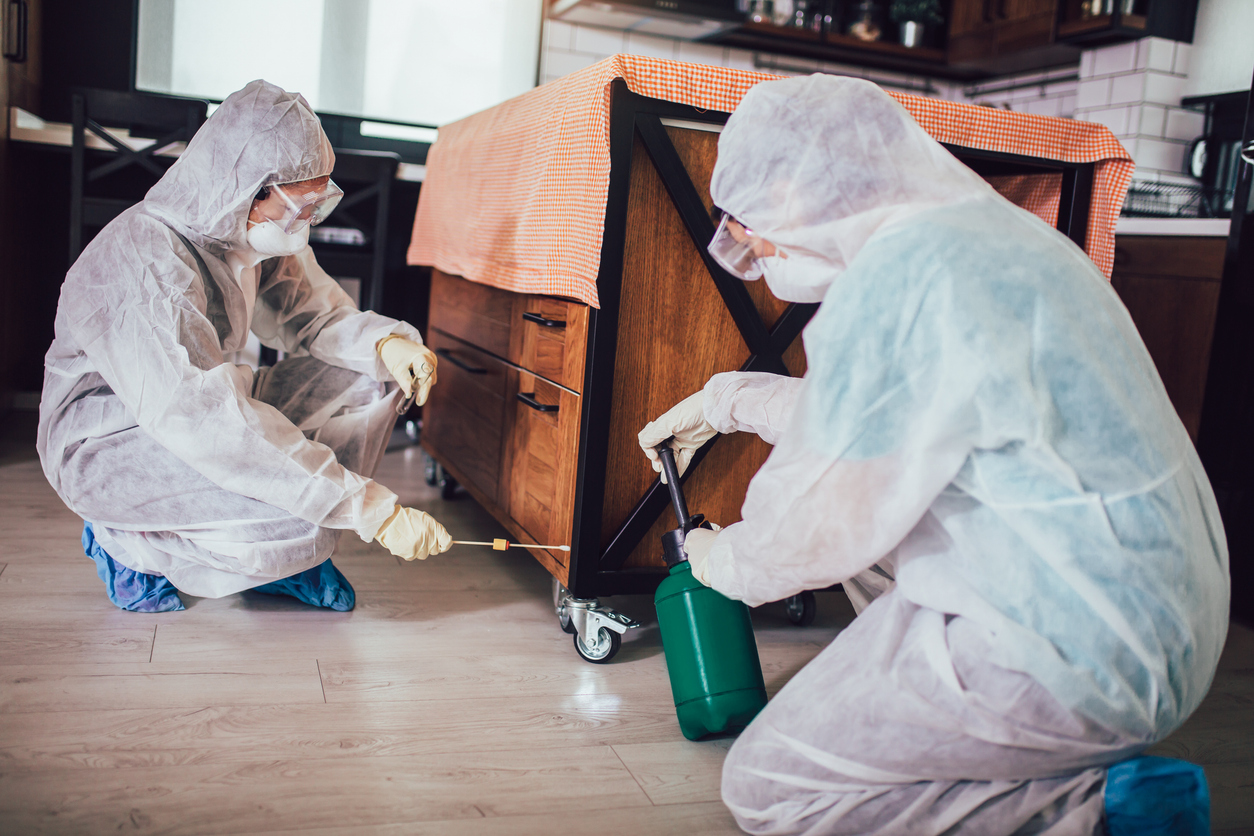The pest control industry has seen significant advancements in recent years, driven by the need for more effective, efficient, and environmentally friendly solutions. New technologies and methods are transforming the way pest control is conducted, making it safer for both humans and the environment. Here’s a look at some of the most innovative developments in pest control today.
One of the most notable advancements is the use of smart technology in pest management. Smart pest control systems utilize sensors, cameras, and automated traps to monitor and manage pest populations. These systems can be integrated into a central control unit, allowing for real-time monitoring and immediate response to pest activity. For example, smart traps can capture pests and send alerts to homeowners or pest control professionals, ensuring quick action and reducing the need for widespread pesticide application.
Biological control methods are another area of innovation. This approach involves using natural predators or parasites to control pest populations. For instance, ladybugs are introduced to manage aphid populations, and parasitic wasps can be used to control caterpillar infestations. This method is highly effective and poses no risk to the environment, making it an excellent option for sustainable pest management.
The development of environmentally friendly pesticides is also making a significant impact. These new pesticides are designed to target specific pests while causing minimal harm to beneficial insects, plants, and animals. Many of these products are derived from natural sources, such as plant extracts or microbial agents, and break down quickly in the environment, reducing the risk of long-term contamination.
Ultrasonic pest repellers are gaining popularity as a non-invasive method to deter pests. These devices emit high-frequency sound waves that are unpleasant for pests like rodents and insects but are inaudible to humans and pets. Ultrasonic repellers provide a humane and chemical-free way to keep pests at bay, making them a popular choice for eco-conscious homeowners.
Genetic engineering is another frontier in pest control innovation. Scientists are developing genetically modified organisms (GMOs) that can reduce pest populations. For example, genetically modified mosquitoes have been created to produce offspring that die before reaching adulthood, significantly reducing the mosquito population and the spread of diseases like malaria and dengue fever.
Drone technology is revolutionizing pest control in agriculture. Drones equipped with cameras and sensors can quickly survey large areas of farmland, identifying pest infestations and applying targeted treatments. This precision agriculture approach reduces the amount of pesticide used and ensures that treatments are only applied where necessary, protecting crops and the environment.
Pest control companies are also adopting integrated pest management (IPM) strategies, which combine multiple methods to manage pests effectively. IPM focuses on long-term prevention and uses a combination of biological, physical, and chemical controls tailored to the specific pest problem. This holistic approach minimizes the reliance on chemical pesticides and promotes sustainable pest management practices.
For those seeking cutting-edge pest control solutions, Harpoon Pest Solutions offers advanced technologies and methods tailored to individual needs. Since 2003, Harpoon Pest Solutions has been protecting homes and businesses in Philadelphia and the surrounding suburbs with environmentally sound solutions. Their commitment to customer satisfaction drives their innovative approach to pest management, ensuring your specific needs are met. With a free 58 Point Pest Analysis, Harpoon Pest Solutions thoroughly inspects your property, identifying potential threats and providing targeted solutions. Trust Harpoon Pest Solutions to safeguard your home or business with their expertise in the latest pest control technologies and methods.

